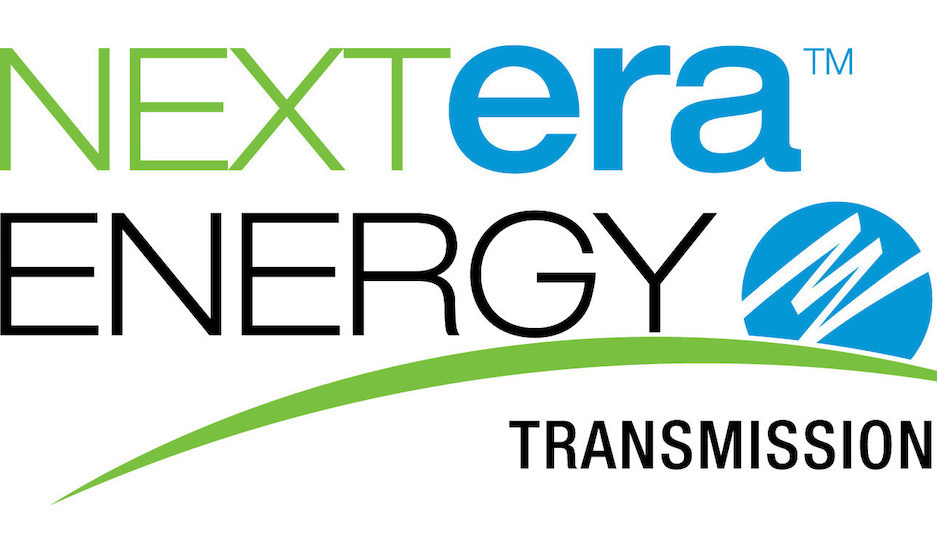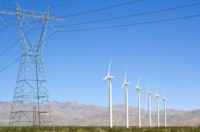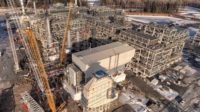In a case being watched nationally, the New Orleans federal appeals court struck down as unconstitutional a law in Texas that prohibits out-of-state companies from building power transmission lines there when they are part of an interstate transmission network.
Judge Gregg Costa, in an Aug. 30 ruling, said the 2019 state law—which grants only the owner of a utility the right to build, own or operate new lines that directly connect with its facilities—can’t be applied to lines that are part of a regional system, describing them as “classic instruments of interstate commerce.”
The ruling does not affect lines within the Texas intrastate power market, with most of its transmission controlled by the state Electric Reliability Council (ERCOT) that does not connect with outside grids.
But regional grid operator Midcontinent Independent System Operator, known as MISO, serves a portion of east Texas, while another regional system, the Southwest Power Pool. serves another east Texas area and all of the Panhandle, and a third, the Western Electricity Coordinating Council, connects El Paso to the U.S. power.
At issue is MISO’s award in 2018 of a $115-million contract to NextEra Transmission to build 23 miles of 500 kV line and four 230-kV lines and a substation in east Texas for utility Entergy.
NextEra was selected from 12 proposals by 10 developers to build, own, operate and maintain the project. It was competitively bid by MISO under the Federal Energy Regulatory Commission Order 1000, which allows competitive bidding and eliminates a utility’s federal right of first refusal to build a project selected in a regional transmission plan.
FERC abolished in 2011 its rule that allowed utilities that already owned transmission to build added lines without facing competition. Costa said the agency took that action because it is not in utilities’ economic self-interest to permit new entrants to develop transmission, even if it “would result in a more efficient or cost-effective solution.”
In the ruling, Costa said MISO found NextEra’s proposal “excelled in its transmission line and substation design,” featured hurricane preparedness and response plans, and was best in cost, in awarding the contract in 2018.
Texas enacted the law that bars new entrants from building transmission lines before NextEra could obtain necessary construction permits, Costa said. The law was designed to "codify the existing process in Texas for determining the proper party to construct critical energy infrastructure [and] maintain Texas rate jurisdiction over transmission in the non-ERCOT areas of Texas," lawmakers said in a "statement of intent."
Texas' grid independence keeps it not subject to federal energy regulation, but also made ERCOT unable to receive outside power support during a massive outage to an estimated 200,000 homes in a February 2021 snowstorm.
An analysis by the American Council on Renewable Energy says that each added gigawatt of transmission capacity connecting the Texas grid with neighboring states could have saved nearly $1 billion and prevented the blackouts.
In March, ERCOT released a 60-point roadmap to improve the reliability of its power grid but did not mention connection to outside sources as an option.
Pat Wood, former head of the Texas Public Utility Commission and an ex-FERC official told the Texas Tribune in February that FERC has policies that would protect the state grid's independence if it were to connect more robustly to the regional grids.
'Right of First Refusal'
The court decision comes as FERC weighs new changes in transmission planning rules, including if utility "right of first refusal" to build certain regional transmission lines should continue in states where it is now allowed. NextEra's complaint says that eight MISO states have laws that block transmission developers from bidding against utilities for projects—Iowa, Indiana, Michigan, Minnesota, Montana, North Dakota, South Dakota and Texas.
None is as restrictive as Texas, and "no other state completely bars out-of-state entrants," Costa said.
Texas regulators initially allowed outside firms to construct transmission lines in SPP and MISO territory, but that was overruled by the Texas legislature in the law that barred outside competitors unless they already owned a transmission facility in Texas, Costa said.
"The only way a company without a Texas presence can build, operate, or own transmission lines is to buy a utility that already owns a power facility in the state,” Costa said.
NextEra sued, claiming the law violates the U.S. Constitution commerce clause in excluding nonincumbents from the interstate transmission market. Regulators’ approval of NextEra’s 2017 application to buy 30 miles of transmission line in SPP’s east Texas jurisdiction still is pending.
Costa rejected a federal district court’s dismissal of the NextEra suit, which had said the commerce clause did not apply. “Because Congress can regulate interstate commerce, the states cannot erect barriers to the free flow of that commerce,” he said. "That certain lines might run entirely within Texas is irrelevant, as any electricity that enters the grid immediately becomes part of a vast pool of energy that is constantly moving in interstate commerce."
The U.S. Justice Dept. antitrust division intervened on NextEra’s behalf.
Costa partly upheld the district court ruling on another legal point, but he also agreed with NextEra's claim that the state law passing after “prodding” by incumbent utilities needs further factual review and returned the case to the lower court "to determine whether NextEra is entitled to any preliminary injunctive relief.”
in an Aug. 31 statement, the Electricity Transmission Competition Coalition said "competition has been proven to lower electricity costs" and urged FERC to "act on its mandate to lower costs for consumers."
Costa's ruling was one of his last, according to Bloomberg Law, with the judge resigning last month to return to private practice, saying courts “are becoming increasingly politicized.” Appointed to the federal bench by President Barack Obama, he is one of the few Democratic appointees on the conservative-leaning Fifth circuit appeals court that covers Louisiana, Mississippi, and Texas.







Post a comment to this article
Report Abusive Comment